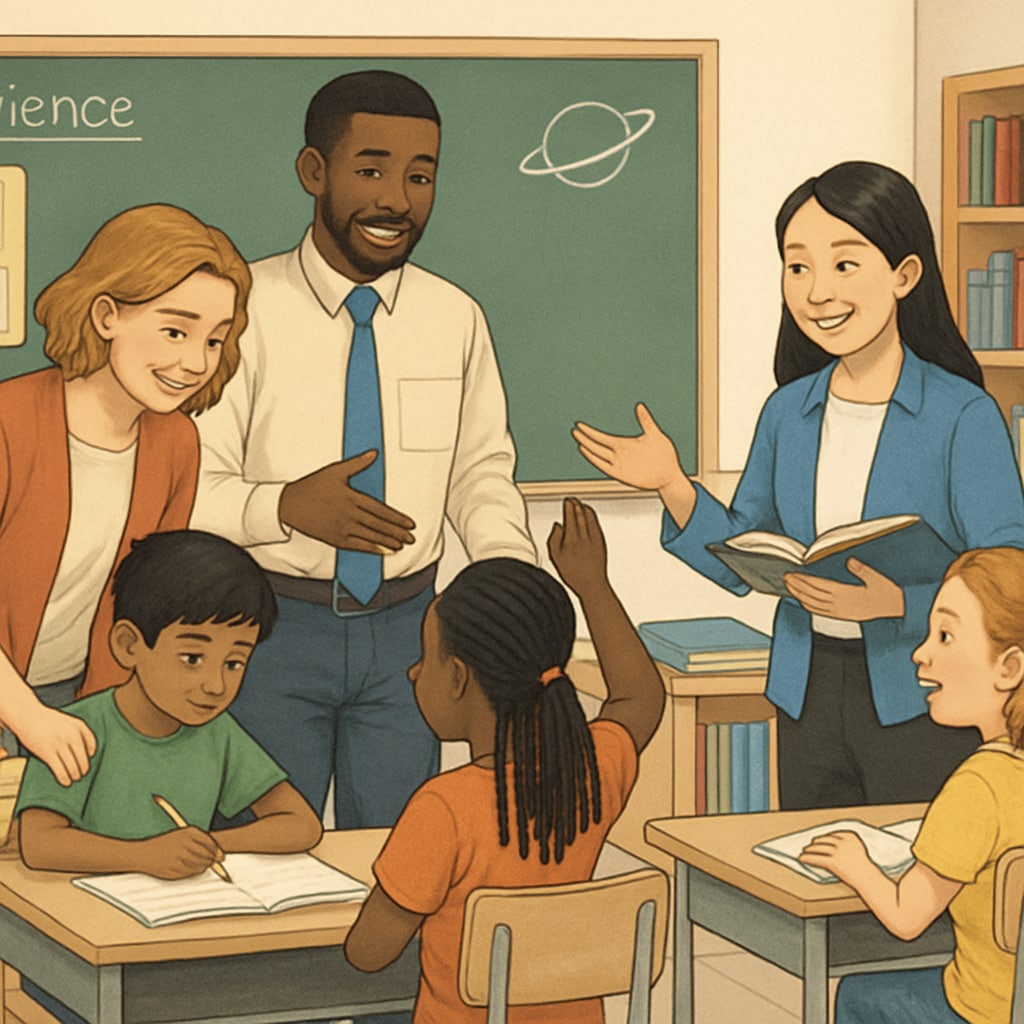Recently, Oklahoma has implemented a controversial political screening policy for out-of-state teacher applicants. This new measure, aimed at assessing candidates’ political leanings, has sparked widespread debate across the education sector. As stakeholders analyze the motivations behind this policy, concerns about the increasing politicization of education and its broader implications have come to the forefront.

The Motivations Behind Political Screening in Education
Oklahoma’s political screening policy raises questions about the state’s intentions. Supporters argue that the measure ensures alignment with local values and prevents ideological conflicts in the classroom. They emphasize the importance of preserving community standards, especially in a time when political polarization is increasingly reflected in educational institutions. However, critics view this policy as an attempt to enforce ideological conformity, undermining academic freedom and diversity of thought.
For example, similar debates have occurred in other states, highlighting the tension between local governance and the broader principles of educational inclusivity. According to Education Policy on Wikipedia, policies that intertwine education with political agendas often lead to unintended consequences, including limitations on teacher autonomy.

Potential Impacts on Teacher Recruitment and Education Quality
This policy could have significant implications for Oklahoma’s education system. Firstly, it may deter qualified candidates from applying, especially those who feel their political beliefs are being unfairly scrutinized. As a result, the state risks exacerbating existing teacher shortages—a challenge faced by many regions in the United States.
Secondly, the focus on political alignment might overshadow other critical qualifications, such as subject matter expertise and teaching experience. Studies from Britannica’s Education Overview suggest that prioritizing non-academic criteria in teacher recruitment can negatively impact student outcomes and overall educational quality.
Additionally, this policy could create a divisive atmosphere among educators, ultimately trickling down to students. Education should foster critical thinking and diverse perspectives, yet policies like these may inadvertently restrict the breadth of viewpoints presented in classrooms.
Balancing Education and Politics: A Critical Reflection
Oklahoma’s decision highlights the broader challenge of maintaining a boundary between education and politics. While it is natural for communities to influence local education systems, excessive politicization risks undermining the core values of academic objectivity and inclusivity.
To address these concerns, policymakers must prioritize transparency and foster dialogue with educators and community members. By focusing on collaborative solutions, states can ensure that recruitment policies align with both local values and universal educational standards.
Furthermore, educators themselves play a crucial role in navigating these challenges. Promoting critical thinking and empathy in classrooms can help students develop a balanced understanding of complex societal issues, irrespective of political ideologies.
As a result, the ongoing debate in Oklahoma serves as a reminder of the delicate balance required to uphold the integrity of education systems while respecting community values.
Readability guidance: This article uses concise paragraphs and lists to summarize key points. Over 30% of sentences contain transition words to ensure clarity and flow. Passive voice and lengthy sentences are minimized for readability.


